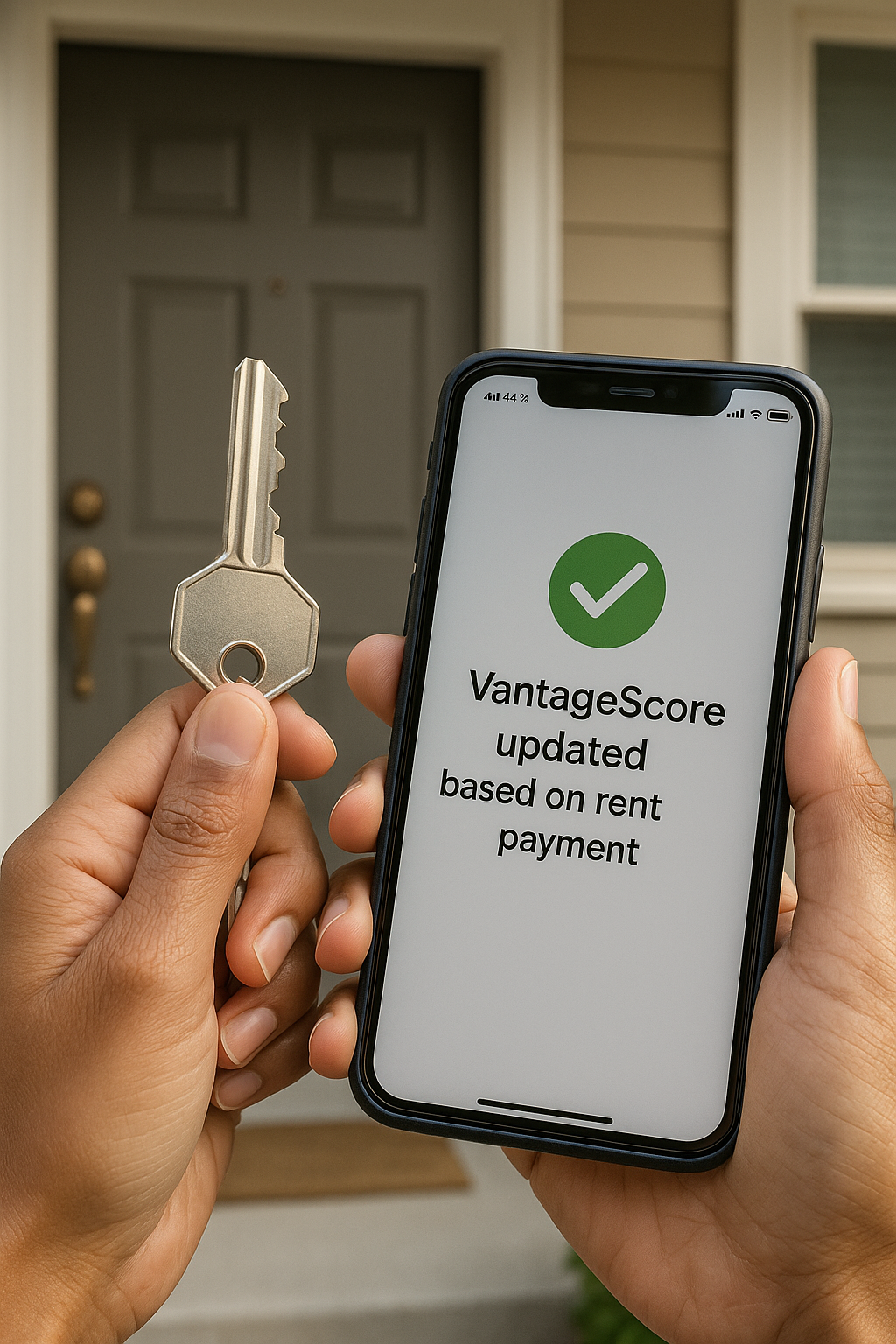
Buying a home is an exciting milestone, but the process can feel overwhelming—especially for first-time buyers. Understanding the key steps and factors involved will help you make informed decisions and navigate the journey with confidence. This guide breaks down the essential steps and key considerations to help you through the homebuying process.
Overview of the Homebuying Process
- The first step to homeownership is assessing your financial readiness. Your credit score plays a crucial role in determining the mortgage rate you’ll receive. It’s important to review your credit score and take steps to improve it if necessary. Evaluating your savings is also essential to ensure you have enough for a down payment, closing costs, and unexpected expenses. Using an online mortgage calculator can help you calculate your budget and understand how much home you can afford.
- Once you have a clear financial picture, the next step is getting pre-approved for a mortgage. This step clarifies your borrowing power, shows sellers that you are a serious buyer, and provides a pre-approval letter from a lender, giving you a competitive edge in the market.
- With pre-approval in hand, you can begin searching for the right home. This involves determining your priorities, such as location, size, and amenities. Working with a real estate agent can guide you through available listings. Visiting multiple homes allows you to compare options and make an informed choice.
- When you find a home that meets your needs, it’s time to make an offer. Negotiation is often part of the process, including discussing price adjustments, requested repairs before closing, and closing costs and other terms.
- After your offer is accepted, securing financing and completing a home inspection are critical steps. Finalize your mortgage application by selecting a loan type and ensuring all documentation is in order. Schedule a home inspection to check for potential issues that may need to be addressed before closing. If major problems arise, you may need to renegotiate or reconsider the purchase.
- Finally, closing the deal marks the last step in the homebuying process. This includes reviewing and signing closing documents, paying closing costs, and officially taking ownership of your new home and receiving the keys.
Key Factors to Consider When Buying a Home
One of the most important factors to consider when purchasing a home is affordability. Beyond the purchase price, it’s essential to factor in mortgage payments, property taxes and homeowners’ insurance, and maintenance and repair costs.
Location is another crucial consideration. Researching the neighborhood can help you assess safety and crime rates, quality of schools and access to job opportunities, and commute times and local amenities.
Your long-term goals should also play a role in your decision. Are you looking for a home to settle in for many years, or is this a stepping stone toward a future move? How does this purchase align with your career and family plans?
Lastly, be mindful of hidden costs, such as utility bills and homeowners’ association (HOA) fees, and potential home repairs and renovations.
Final Thoughts
Homeownership is a major financial commitment, but with proper planning, it can be a rewarding investment. By following these steps and considering key factors like affordability, location, and long-term goals, you can make informed decisions that lead to a successful home purchase. With the right preparation, you’ll be well on your way to owning a home that suits your needs and financial situation.
Don’t miss the next post, where we’ll continue to discuss this theme, talking about how you can prepare your financials to take this big step.
Happy house hunting!
A smiling young couple (or single person) standing in front of a cozy house, holding keys or a “Sold” sign.







